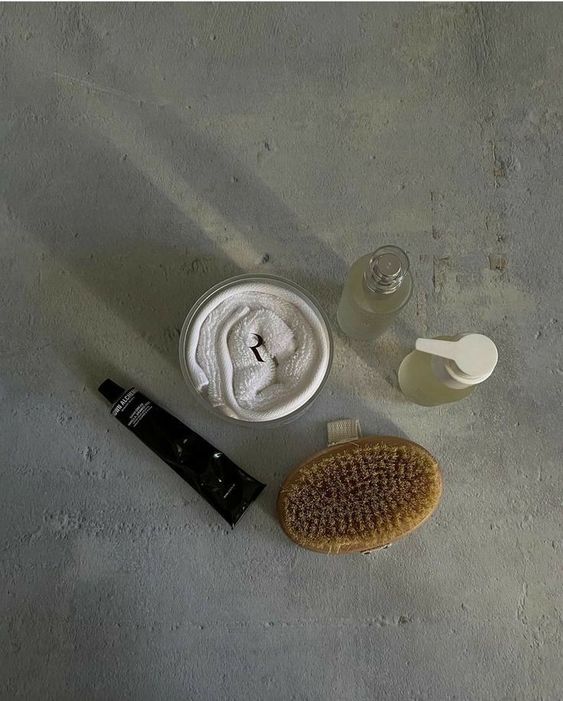
At this point, you have probably heard about retinoids how they are the number one choice for anti-aging skin care products and how they should be part of everyone’s anti-aging skincare routine. But do you really know what they are, how they work, and are they really the best solution for slowing the aging process? Probably not, so let’s get some real information on the dark side of retinoids and the risks associated with using them.
The Straightforward And Ultimate Definition Of Retinoids
The term retinoids is used to define a group of fat-soluble compounds that are derived from Vitamin A. The presence of retinoids in skin care formulas has been proved by several clinical studies to be effective in the treatment of conditions such as acne and aging signs[1].
Exclude Retinoids From Your Skincare Routine Today
It has to do with the concept known as “cumulative dosage”[1]. Vitamin A, the source of retinoids, is recommended at 1 mg for adults, and up to 3 mg as a maximum[1].
People who suffer from osteoporosis and other bone-related disorders, especially menopausal women, should
maintain a maximum daily intake of 1.5 mg of Vitamin A[1]. Is it surprising to mention
that mature women, who are looking for anti-aging solutions, are the target market
for retinoids?
In reference to the cumulative dosage understanding, following a balanced diet is efficient to maintain our Vitamin A needs; therefore, the topical application of retinoids to our daily skin care routine adds an extra 25% of Vitamin A to our daily recommended dosage[1].
Moreover, the FDA and German and Norwegian health agencies, stated that adding an extra 25% of Vitamin A to our daily intake is extremely dangerous especially for pregnant women and other vulnerable groups[2]. Hence, they have recommended that the high concentration of Vitamin A in skin care products should be further decreased in an effort to avoid the disadvantages and problems associated with the high intake of Vitamin A[3].
We, at Rosafa, place extreme importance on formulas that are non-toxic and backed by science. Our plant-powered formulas are designed to deliver the highest level of efficacy for deep skin nourishment. Every product we make is a meticulous blend of potent, time-honored actives proven to be highly effective, safe, and stable.
There is still so much more to discuss... we will continue the conversation about retinoids in our next blog post “The Inescapable Reality of Retinoids, Part II”
References:
[1]https://www.bfr.bund.de/cm/349/vitamin-a-intake-via-cosmetic-products-should-be-restricted.pdf
[2]https://www.ewg.org/skindeep/ingredients/706889-RETINOL_(VITAMIN_A)/
[3] Yourick JJ, Jung CT, Bronaugh RL 2008. In vitro and in vivo percutaneous absorption of retinol from cosmetic formulations: significance of the skin reservoir and prediction of systemic absorption. Toxicol Appl Pharmacol 231(1): 117-21




